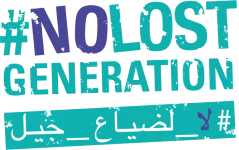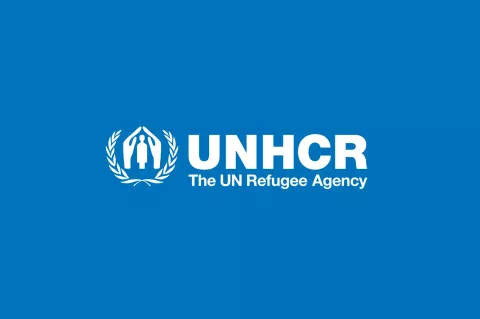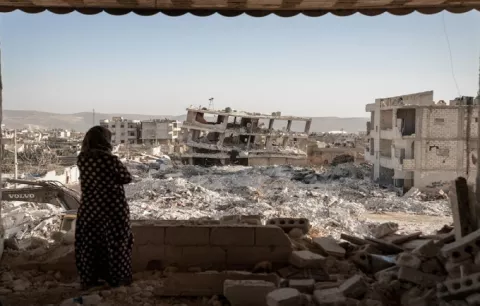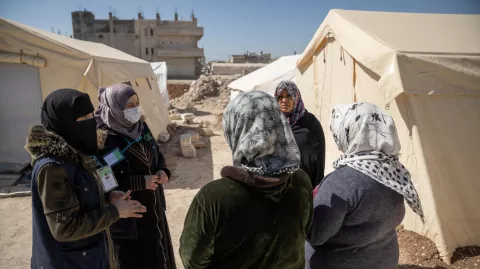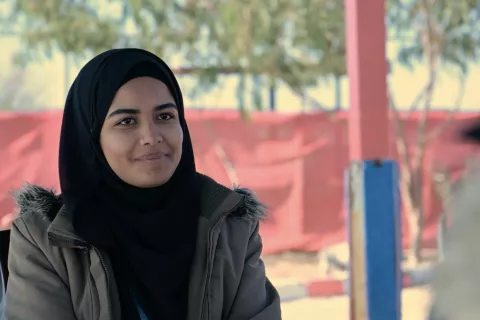Psychosocial support interventions in the context of forced displacement
GIZ and the University of Virginia
Highlights
Over the past decade, at least 100 million people have been forcibly displaced. Of these, only a minority have been able to safely return home or be permanently and legally resettled in a new community; as a result, there are currently nearly 80 million people living in insecurity. Traditionally, most global humanitarian support for these populations has focused on meeting basic needs such as shelter, food assistance, water and sanitation, etc. However, in the past decade it has been increasingly recognized that people who have been displaced experience a wide range of stressors, such as exposure to traumatic experiences and the breakdown of social support. These stressors can contribute to mental distress or disorder, poorer interpersonal relationships, and difficulty coping – in other words, poor psychosocial wellbeing. This recognition has led to a growing effort by the international community to address mental health and psychosocial support (MHPSS) needs in situations of displacement.
MHPSS is defined as “any type of local or outside support that aims to protect or promote psychosocial wellbeing and/or prevent or treat mental disorder.” This includes psychotherapeutic or medical treatments of mental disorders as well as psychosocial support activities such as cultural or recreational activities, peer groups, and positive youth development programs aiming to improve social and psychological aspects of wellbeing (such as interpersonal relationships, support and connection, community life, emotions, behaviors, skills and coping strategies, etc.) and reduce the likelihood of developing mental health problems.
While there is growing evidence for the effectiveness of a relatively narrow set of mental health treatments, there are still major gaps in knowledge on understanding what comprises the most effective psychosocial interventions. This gap is especially glaring as it is these psychosocial interventions that comprise the bulk of MHPSS programming. Specifically, there is much less consensus around psychosocial programming best practices and the extent to which these interventions work, how they work, and where, when, and for whom they work best.
To address these questions, in 2020, GIZ, on behalf of the German Federal Ministry for Economic Cooperation and Development BMZ, launched a study led by the University of Virginia to review and synthesize the global evidence regarding the effectiveness of psychosocial interventions for populations affected by displacement. The goal of the study was to gain the best possible understanding of: 1) what types of interventions have been evaluated, where, and for whom; and 2) what the evidence suggests on what they do and how well they work.
For a complete and thorough report on this project please email alena.mehlau@giz.de.

